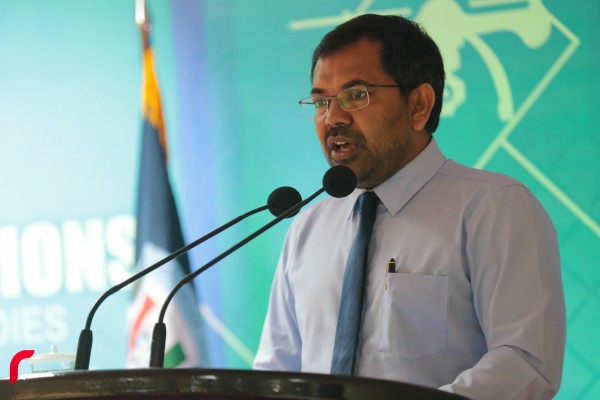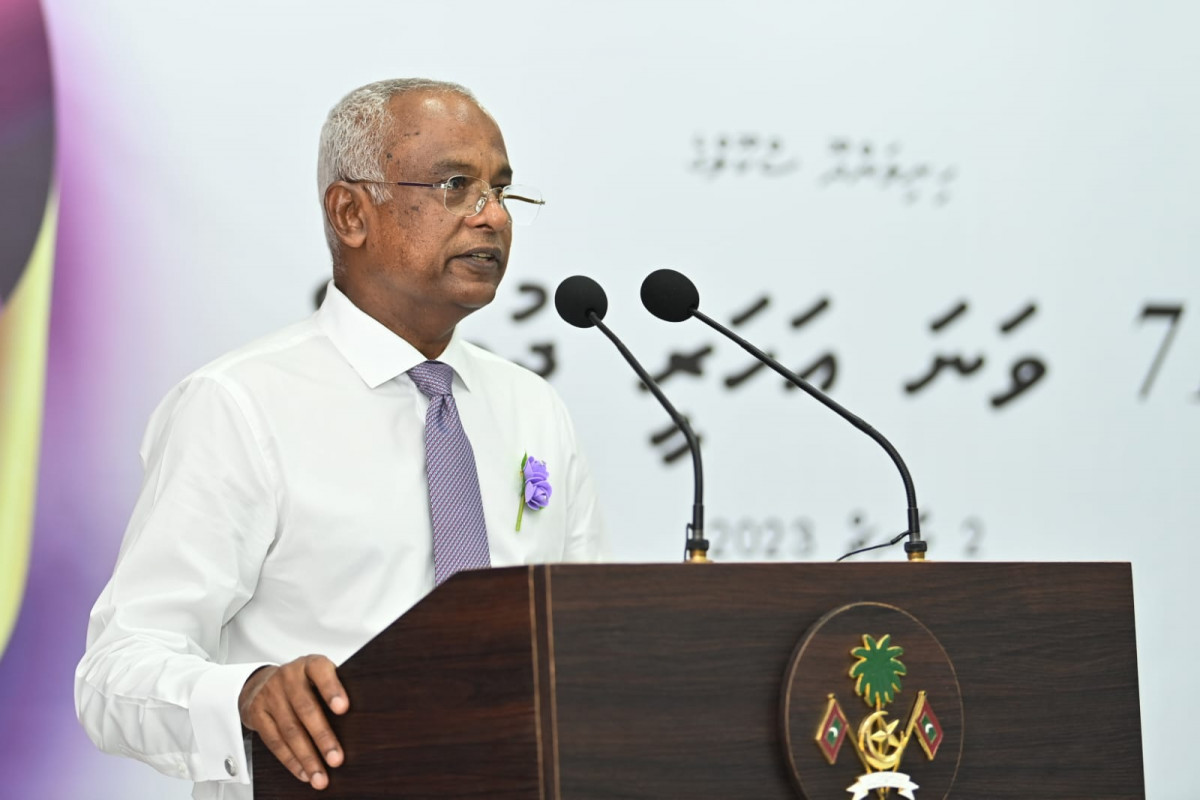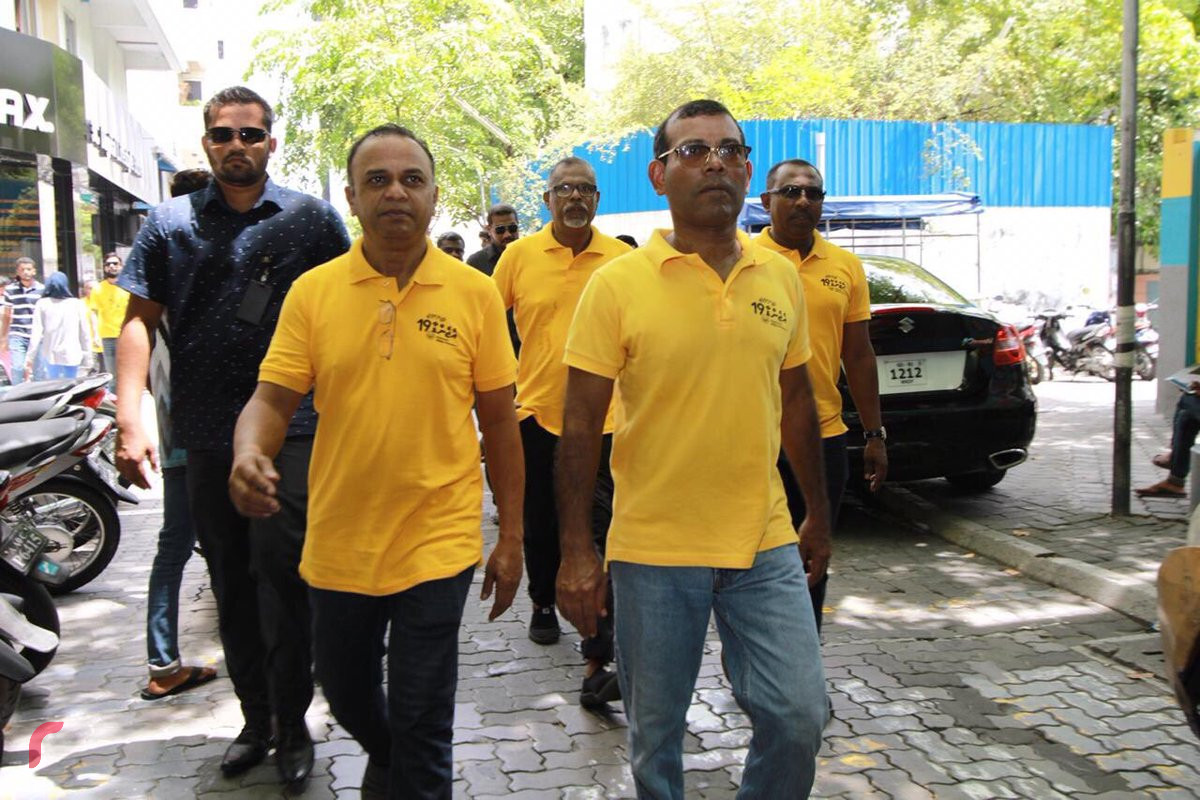Maldives aims to rank above 50 in ease of doing business
Maldives aim to rank higher in the World Bank's ease of doing business list


Tourism Minister Moosa Zamir at the ceremony
Tourism Minister Moosa Zameer has on Tuesday said that the government aims to lift Maldives’ ranking, at least to 50 or higher, in the World Bank’s ease of doing business list.
Minister Zameer made his remarks during a ceremony held at the Iskandar building to inaugurate Certificate III in Security Operations, a security and public safety course for officers of the Maldives Police Service (MPS). Conventionally, the course covers overseeing cash in transit.
He stressed heavily on the importance of stability and peace in the nation to reach this target. He said that while terrorism has become almost staple in many countries across the world, law enforcement officers are at the forefront of keeping domestic conditions stable.
The Minister hopes more academically adept officers would create conditions conducive to business.
The ease of doing business list is based on an index developed by the World Bank that ranks nations according to how simple and efficient their policies for business are. A higher ranking would be attractive to investors, as it suggests security.
The World Bank uses indicators to measure how much regulations and conditions promote business in ten categories and ranks the country in each one of them, in addition to giving an overall ranking. Maldives’ overall ranking for 2017 is 135.
The categories measured by the World Bank are: starting a business, dealing with construction permits, getting electricity, registering property, getting credit, protecting minority investors, paying taxes, trading across borders, enforcing contracts, and resolving insolvency.






